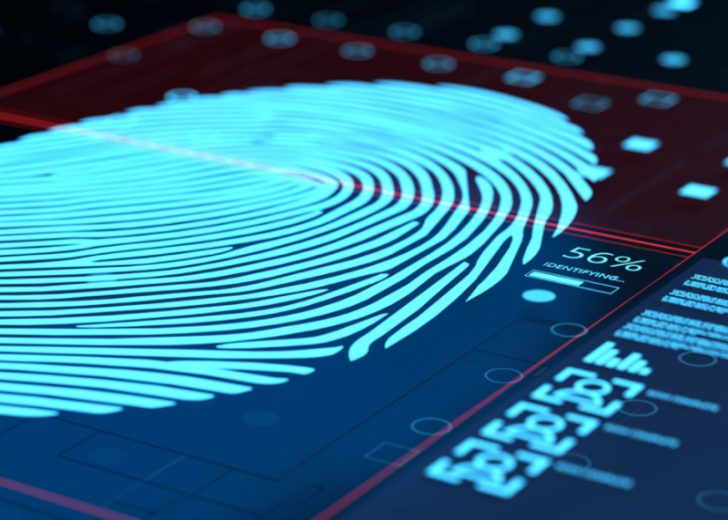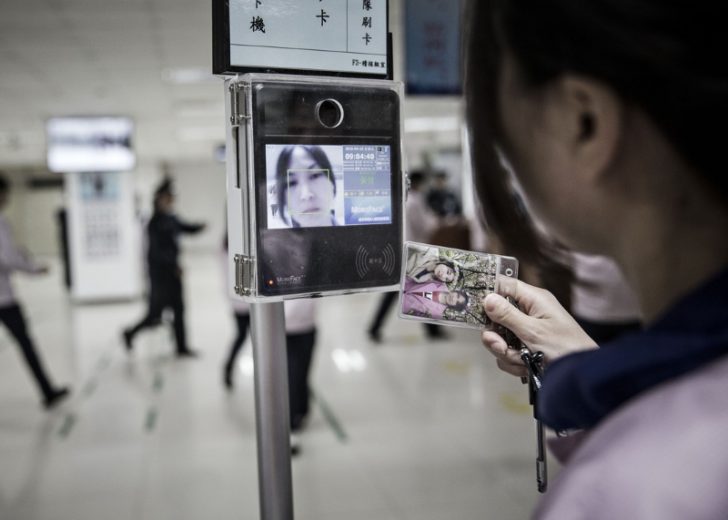Potential Class Action
A media outlet reports that Wendy’s is facing a potential class action suit in Illinois for its use of finger scanners for tracking the employees working in its retail outlets.
The complaint is a class action filed by two of Wendy’s former employees, Amelia Garcia, and Martinique Owens.

They argue that the fast-food chain’s use of fingerprint scanners for tracking the number of employees’ hours, access to the cash register and the POS systems was in violation of the provisions of the Biometric Information Privacy Act. Particularly, it was in violation of the BIPA provision that employees should be given a written notification concerning the specific purpose as well as the duration for which the fingerprints were being collected, stored and utilized.
In addition, BIPA also reportedly requires that the employers should obtain express consent from their staff in a written form prior to the collection and usage of the biometric data. The plaintiffs alleged that Wendy’s also violated that provision.
Reports further have it that the fast-food chain doesn’t inform the employees what will be done to the fingerprints should they quit their jobs, get fired or leave the employment.
Further, the plaintiffs alleged that Wendy’s doesn’t make provision for any public guidelines for the permanent destruction of the staff’s fingerprints upon their exit from the company. Wendy’s has reportedly refused to comment on the issue.
BIPA

BIPA was created in response to the fraud of Pay By Touch (a defunct POS biometric authentication firm) that made promises that it would revolutionize retail. It promised that it would make it possible for customers to make payments merely by touching a sensor. However, the company crashed owing to the allegation of securities and mismanagement fraud.
The collapse of the biometric authentication firm revealed that all fingerprints, as well as the banking information collected at stores by its terminals, ended up on Pay by Touch central servers. The implication of that was that they could resell such to an information company with the best offer.
The passage of BIPA marked the beginning of various lawsuits between tech titans such as Google and Facebook against consumers who claimed that their biometrics were being obtained in the absence of an explicit consent on their part. Bloomberg reported that the parent company of Google, Alphabet, began a lobbying on Facebook aimed at putting photos as an exception to this law. However, the majority of the legal suits instituted under BIPA are associated with employers that collected their employees’ data.
Reliefs Sought By Plaintiffs
In the complaint, it was noted that even though there are several benefits to the use of biometric clocks, it also comes with severe risks. Unlike identification cards that can be replaced or changed if they are compromised or stolen, the fingerprint, on the other hand, is a permanent and unique individual identifier.
The media outlet added that it is not a coincidence that the software maker of the biometric clocks was named in the action. That is because the plaintiffs said they were suspicious that the software maker may also be in possession of the fingerprint data of the employees.
BIPA expressly requires that the bodies using biometric technology should inform users in a written notification about how they intend to store and the manner with which they will use the data and the duration of such storage or use. The legislation also stipulates that the biometric data cannot be disclosed, leased, traded or used for any monetary gain.

The media outlet reported that in the complaint, the plaintiffs alleged that biometric data such as fingerprints are permanent and unique and a poor handling of the information could put the staff at the risk of irreversible and serious privacy risks. They not only want Wendy’s to pay damages, but they also want the company to offer clarification whether it sold or leased out the data it uses to track its employees.
Not only are the plaintiffs seeking a class action classification, but they are also seeking the trial by jury. They are also seeking equitable relief, attorneys fee, and litigation expenses. In addition, they want to know whether the fast food chain or the software maker has at any point used the fingerprints to track them.




